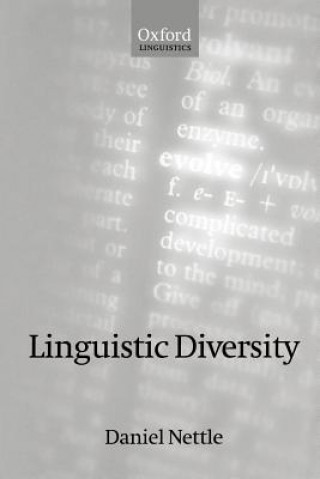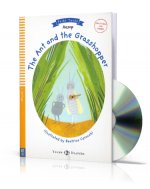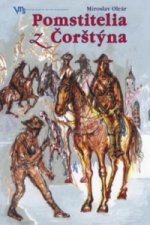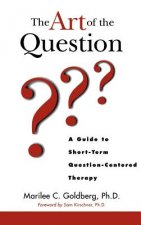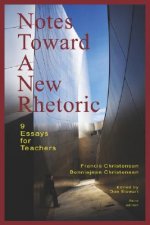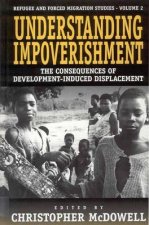
Livraison
Guide d'achat
16 124 818 livres à l’intérieur 175 langues






Afficher toutes les langues (175)
2 047 051 livres numériques à l’intérieur 101 langues






Afficher toutes les langues (101)





Cela ne vous convient pas ? Aucun souci à se faire ! Vous pouvez renvoyer le produit dans les 30 jours
 Bon d’achat
n'importe quelle valeur
Bon d’achat
n'importe quelle valeur
Impossible de faire fausse route avec un bon d’achat. Le destinataire du cadeau peut choisir ce qu'il veut parmi notre sélection.
Linguistic Diversity
 Anglais
Anglais
 192 b
192 b
 common.delivery_to
common.delivery_to
Politique de retour sous 30 jours
Ceci pourrait également vous intéresser


There are some 6,500 different languages in the world, belonging to around 250 distinct families and conforming to numerous grammatical types. This book explains why. Given that the biological mechanisms underlying language are the same in all normal human beings, would we not be a more successful species if we spoke one language? Daniel Nettle considers how this extraordinary and rich diversity arose, how it relates to the nature of language, cognition, and culture, and how it is linked with the main patterns of human geography and history. Human languages and language families are not distributed evenly: there are relatively few in Eurasia compared to the profusion found in Australasia, the Pacific, and the Americas. There is also a marked correlation between biodiversity and linguistic diversity. The author explains the processes by which this distribution evolved and changes still. To do so he returns to the earliest origins of language, reconstructing the processes of linguistic variation and diffusion that occurred when humans first filled the continents and, thousands of years later, turned to agriculture. He ends by examining the causes of linguistic mortality, and why the number of the world's languages may halve before 2100. Linguistic Diversity draws on work in anthropology, linguistics, geography, archaeology, and evolutionary science to provide a comprehensive account of the patterns of linguistic diversity. It is written in a clear, lively and accessible style, and will appeal broadly across the natural and human sciences, as well as to the informed general reader.
À propos du livre
 Anglais
Anglais
Catégories


 Contact
Contact Comment faire ses achats
Comment faire ses achats








